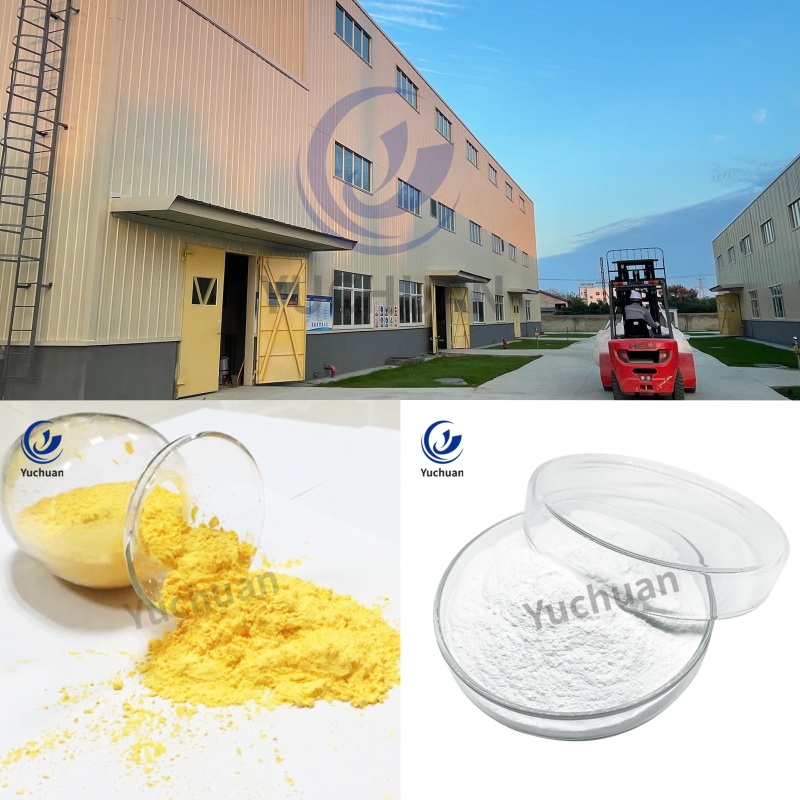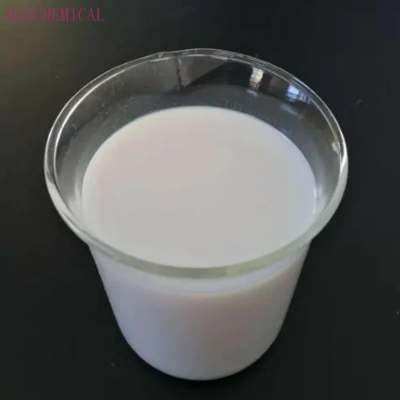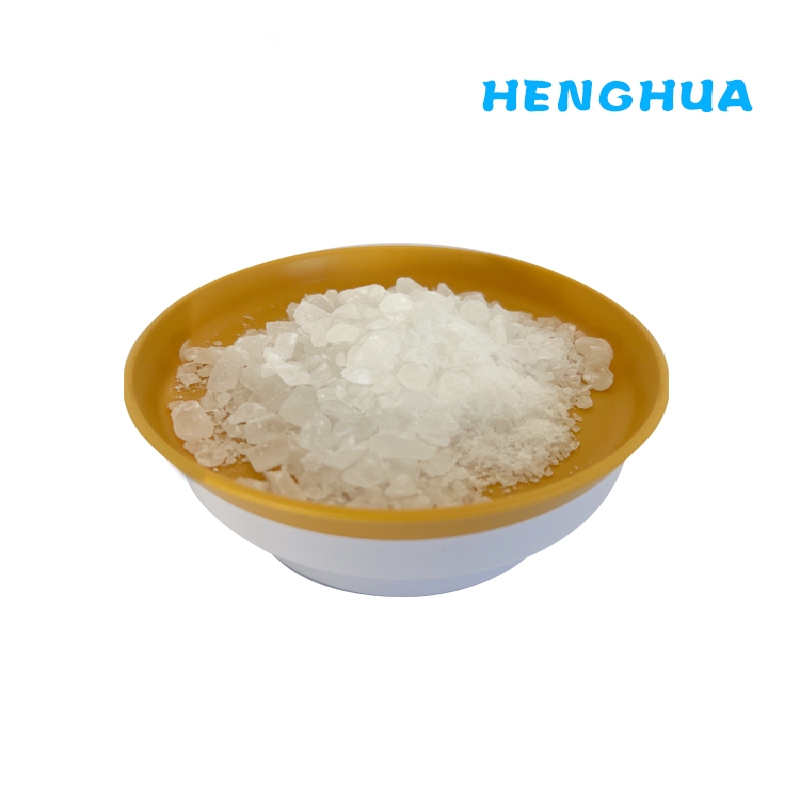-
Categories
-
Pharmaceutical Intermediates
-
Active Pharmaceutical Ingredients
-
Food Additives
- Industrial Coatings
- Agrochemicals
- Dyes and Pigments
- Surfactant
- Flavors and Fragrances
- Chemical Reagents
- Catalyst and Auxiliary
- Natural Products
- Inorganic Chemistry
-
Organic Chemistry
-
Biochemical Engineering
- Analytical Chemistry
-
Cosmetic Ingredient
- Water Treatment Chemical
-
Pharmaceutical Intermediates
Promotion
ECHEMI Mall
Wholesale
Weekly Price
Exhibition
News
-
Trade Service
Big oil producers are pinning their future hopes on the world's insatiable demand for plastic, but this growth will not materialize as the world begins to deal with plastic waste and governments move to ban or limit its use
.
The latest report from environmental think tank Carbon Tracker and start-up Systemiq warns that it will put $400 billion worth of petrochemical investments at risk of stranded, and peak oil demand is accelerating
.
Currently, plastics account for less than 9% of oil demand, but the report notes that plastics are emerging as the biggest driver of oil demand growth
.
Under the wave of global plastic ban, the increasing pressure to reduce the use of plastic has now become a global public concern.
Therefore, the average annual growth rate of plastic demand is expected to drop from 4% to less than 1%, and it will grow by 2027.
reach the top
.
Due to overcapacity, the petrochemical industry is already under pressure from low prices for plastic raw materials
.
According to the report, the plastics industry is a mature and large industry
.
The report also warns that the production and disposal of plastics produces 5 tonnes of carbon dioxide per ton of plastic, twice the amount emitted by oil
.
However, 36% of plastics are used only once, 40% of plastics end up polluting the environment, and less than 10% are actually recycled
.
The report notes that there are already technological solutions that can significantly reduce the use of plastic at a lower cost than usual
.
Solutions include reusability, with better product design and regulations, alternatives such as paper, while substantially increasing recycling rates
.
Policymakers in the EU and China are already taking steps to reduce plastic waste, including laws, policies, taxes, and building recycling infrastructure
.
For example, the EU proposed in July 2020 a tax of €800/t on unrecycled plastic waste, while China has similar regulatory requirements and has begun banning certain types of plastic
.
In addition, under the impact of the new crown epidemic, plastic demand is likely to decrease by about 4% this year, which gives policymakers more room to act
.







